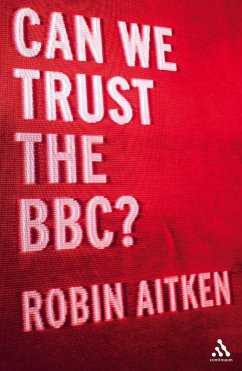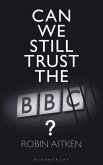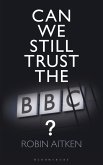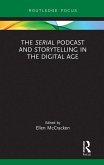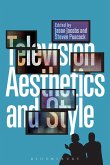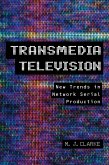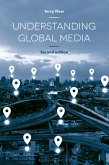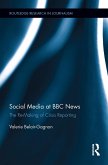This book asks a big question: can we trust the BBC?
As the most famous media brand in the world, the BBC is growing bigger and more powerful every year. Its reputation depends on honest and accurate journalism. But this book argues that the Corporation's own pervasive political culture imperils its impartiality. It demonstrates how some groups and viewpoints get favourable treatment while others are left out in the cold.
The book examines the concept of 'public sector broadcasting' and asks if that has come to mean simply radio and television free of commercial bias. It argues that there are other 'hidden persuaders'
that we the audience should be alert to. Drawing on the author's twenty-five years as a BBC reporter and executive, the books blends analysis and sharp polemic to paint a vivid picture of life inside the news machine from a uniquely privileged point of view. It also tells the story of how the BBC responded to a dissident in its own ranks.
Robin Aitken responds to the criticism of the book by many ex-BBC employees through the media spectrum on its initial publication, and details his correspondence with current employees over his decision to publish. This book is a timely contribution to the ongoing debate about public broadcasting.
As the most famous media brand in the world, the BBC is growing bigger and more powerful every year. Its reputation depends on honest and accurate journalism. But this book argues that the Corporation's own pervasive political culture imperils its impartiality. It demonstrates how some groups and viewpoints get favourable treatment while others are left out in the cold.
The book examines the concept of 'public sector broadcasting' and asks if that has come to mean simply radio and television free of commercial bias. It argues that there are other 'hidden persuaders'
that we the audience should be alert to. Drawing on the author's twenty-five years as a BBC reporter and executive, the books blends analysis and sharp polemic to paint a vivid picture of life inside the news machine from a uniquely privileged point of view. It also tells the story of how the BBC responded to a dissident in its own ranks.
Robin Aitken responds to the criticism of the book by many ex-BBC employees through the media spectrum on its initial publication, and details his correspondence with current employees over his decision to publish. This book is a timely contribution to the ongoing debate about public broadcasting.

